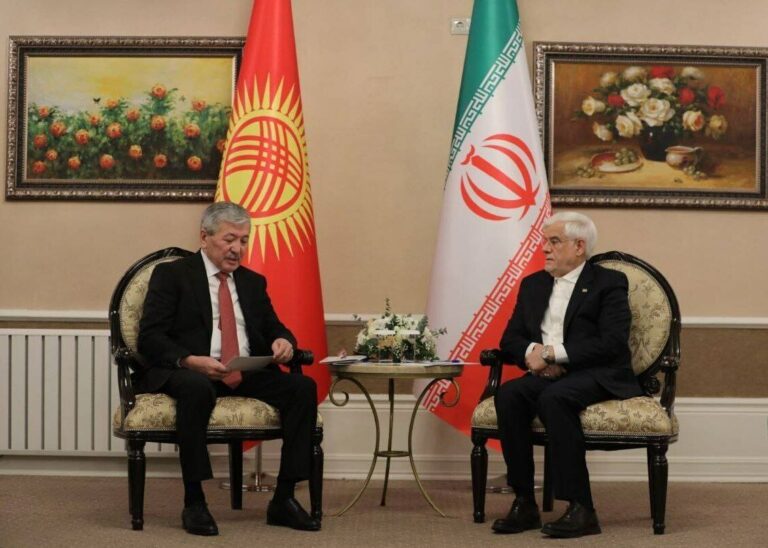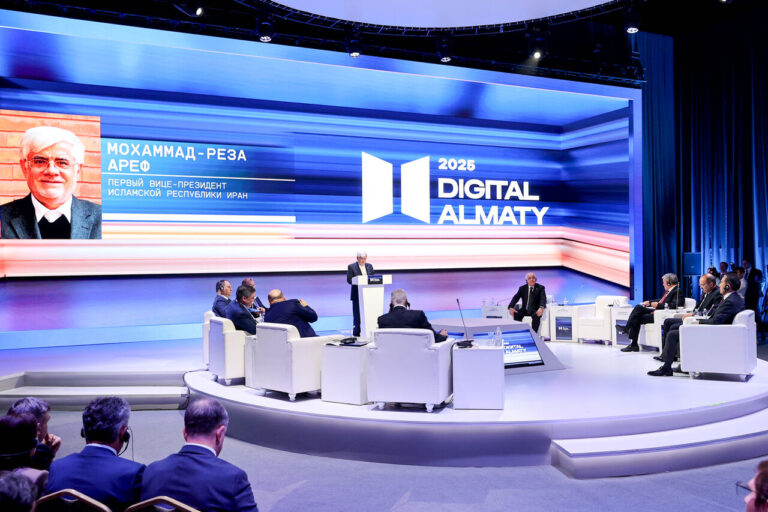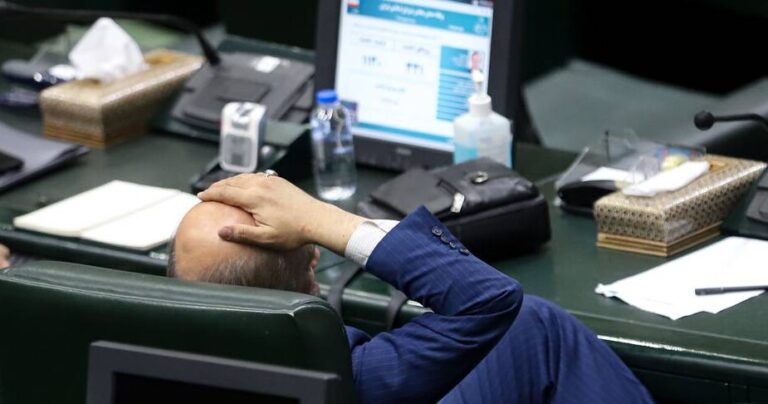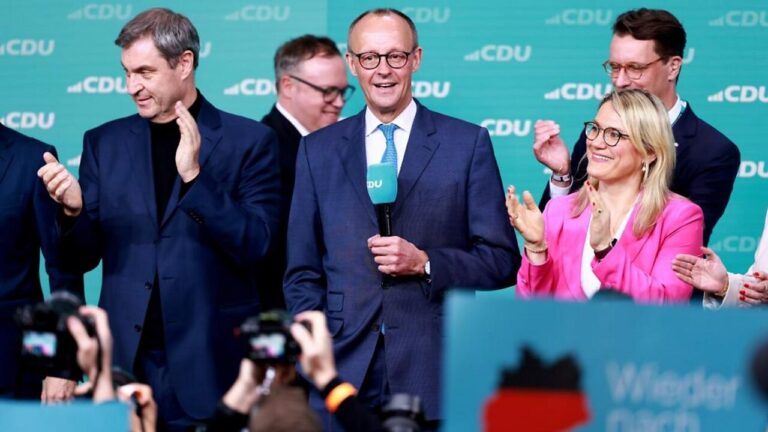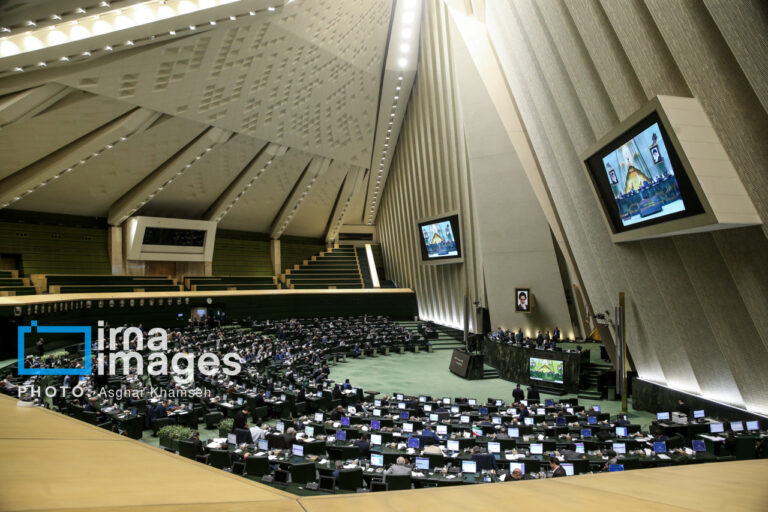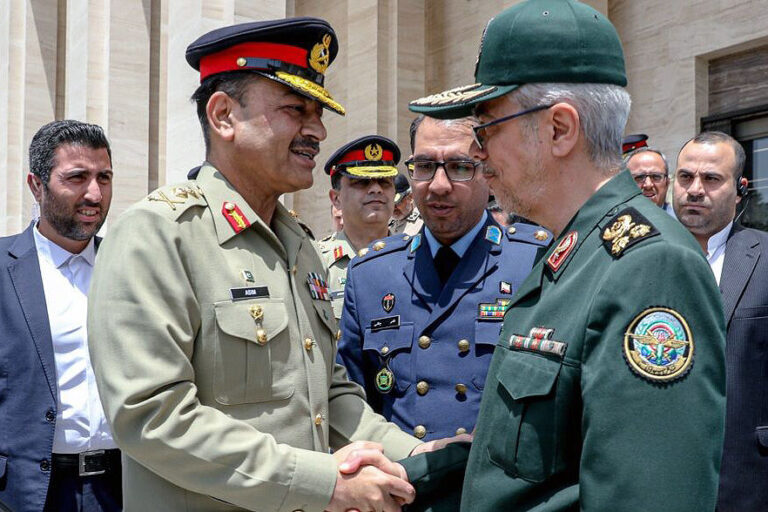Urgent Call for Swift US Deal: Former Officials Warn Time is Running Out!
As tensions rise in Washington regarding Iran’s nuclear negotiations, a growing sense of urgency is emerging in Tehran. The current geopolitical landscape has prompted former officials and media commentators to advocate for a swift resolution with the United States. They emphasize that delays in reaching an agreement could solidify President Trump’s hardline stance or allow regional events to hinder diplomatic efforts.
“Time is certainly working against us this time. Reaching an agreement today is better than doing so tomorrow,” former minister Abbas Akhundi stated in an interview with the moderate daily Etemad on Monday. He further asserted, “Trump is an opportunity if you understand his logic and act at the right time. He is not someone who will be willing to negotiate forever … so we must be able to conclude the negotiations in a short time.”
Such candid remarks on the potential for a rapprochement with the U.S. are not only tolerated but also encouraged, primarily because supreme leader Ali Khamenei has endorsed the negotiations. His subtle messaging has effectively silenced hardline opponents who could otherwise disrupt the process.
Nevertheless, any viable nuclear deal would necessitate considerable concessions from Iran. Khamenei faces the daunting task of making these concessions acceptable to his loyalists, especially amid rising public discontent. The longer the negotiation process drags on, the more challenging his position becomes.
Furthermore, regional developments pose additional challenges. Ceasefires in the Middle East often do not endure as long as the conflicts they aim to resolve. Akhundi addressed this concern during his Monday interview, stating, “Israel is certainly unhappy about the possibility of a deal and may try to obstruct an agreement through psychological warfare, targeted assassinations, and cyber-attacks.”
Adding to the urgency, former conservative MP Mahmood Abbaszadeh Meshkini urged Tehran’s leaders to adopt a more proactive strategy. He commented, “Trump is not interested in starting a war with Iran,” emphasizing that decision-makers in Tehran should take the initiative in shaping the negotiation agenda.
Many conservatives who initially opposed talks have shifted their stance, with Meshkini even hinting at a disconnect between the ruling class and the general populace as an obstacle to advancing Iran’s interests abroad. Another conservative commentator, Mohammad Mohajeri, ventured into previously uncharted territory by discussing concessions. He noted, “Eventually, both sides might come to accept that some red lines are also open to negotiation.” However, he quickly qualified his statement to avoid backlash, stressing, “If the other side demands that enrichment in Iran be reduced to zero or that our peaceful nuclear activities be entirely shut down, that is certainly unacceptable.”
Tehran’s official position has remained steadfast throughout the negotiations with Washington, asserting that low levels of enrichment are non-negotiable. Conversely, the U.S. stance appears to have hardened, with President Trump and his team advocating for the complete dismantling of Iran’s nuclear program. This apparent urgency reflected in Iranian media this week could be linked to the evolving dynamics of the negotiations.
- Urgency in Tehran: Former officials are advocating for a swift agreement with the U.S.
- Khamenei’s Support: Supreme leader endorses negotiations, quieting hardline critics.
- Concessions Required: Significant concessions from Iran are necessary for any viable deal.
- Regional Tensions: Israel’s dissatisfaction could complicate negotiations.
- Shift in Conservative Stance: Some conservatives are now supporting talks, urging proactive strategies.
The evolving situation presents a critical juncture for Iran as it navigates the intricate balance between domestic pressures and international negotiations. The outcome of these discussions could have far-reaching implications, not only for Iran but for the broader stability of the region.
In conclusion, the current climate suggests that both Iran and the U.S. may be at a pivotal crossroads. As negotiations progress, the need for a timely resolution becomes increasingly evident, with both sides facing pressures that could alter the course of diplomacy in the coming months.

